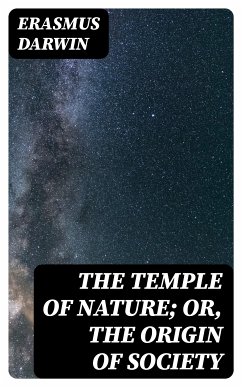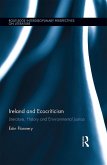In "The Temple of Nature; or, the Origin of Society," written in 1796, Erasmus Darwin delves into the interconnectedness of life and the evolution of society through a poetic lens. This work synthesizes the scientific ideas of his time, drawing upon his background in natural philosophy, botany, and medicine to articulate a vision of organic development. With an unmistakable Romantic style, Darwin's lush imagery and metaphorical language invite readers to contemplate the natural world and humanity's place within it, while also foreshadowing the burgeoning debates on evolution and natural selection that would emerge in the following century. Erasmus Darwin, a prominent figure in the Lunar Society of Birmingham, was deeply influenced by Enlightenment thought and the early stirrings of evolutionary theory. His extensive knowledge in various scientific fields, alongside his familial connections to Charles Darwin, shaped his perspective on the natural world as a dynamic, interrelated system. His advocacy for progressive social thought and reforms in education and medicine reflects his commitment to harnessing science for the betterment of society. For readers interested in the intersection of science, poetry, and philosophy, "The Temple of Nature" offers a profound exploration of the origins of life and society. Darwin's visionary insights not only lay the groundwork for future scientific discourse but also resonate with contemporary discussions about humanity's relationship with nature, making this work a timeless and essential read.
Dieser Download kann aus rechtlichen Gründen nur mit Rechnungsadresse in A, B, BG, CY, CZ, D, DK, EW, E, FIN, F, GR, H, IRL, I, LT, L, LR, M, NL, PL, P, R, S, SLO, SK ausgeliefert werden.









